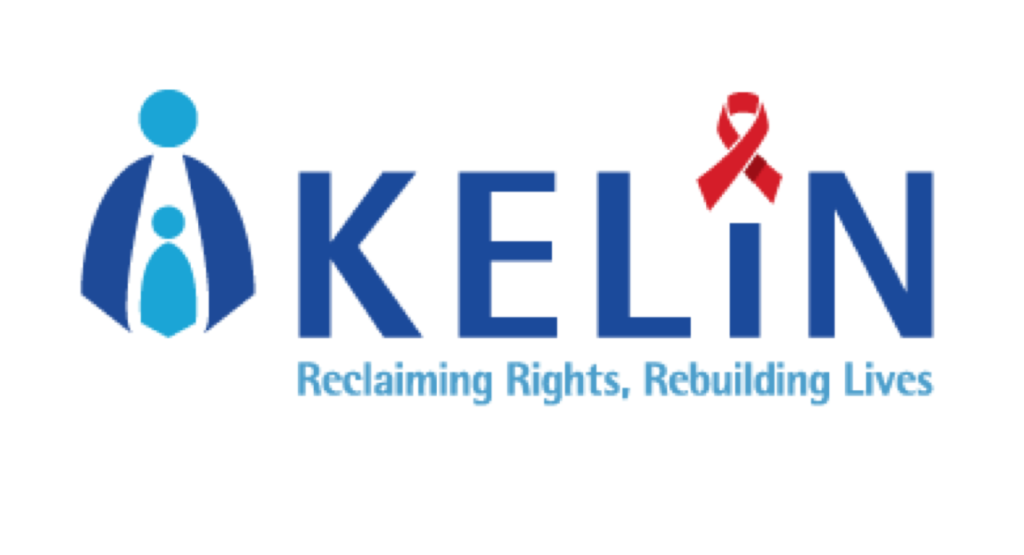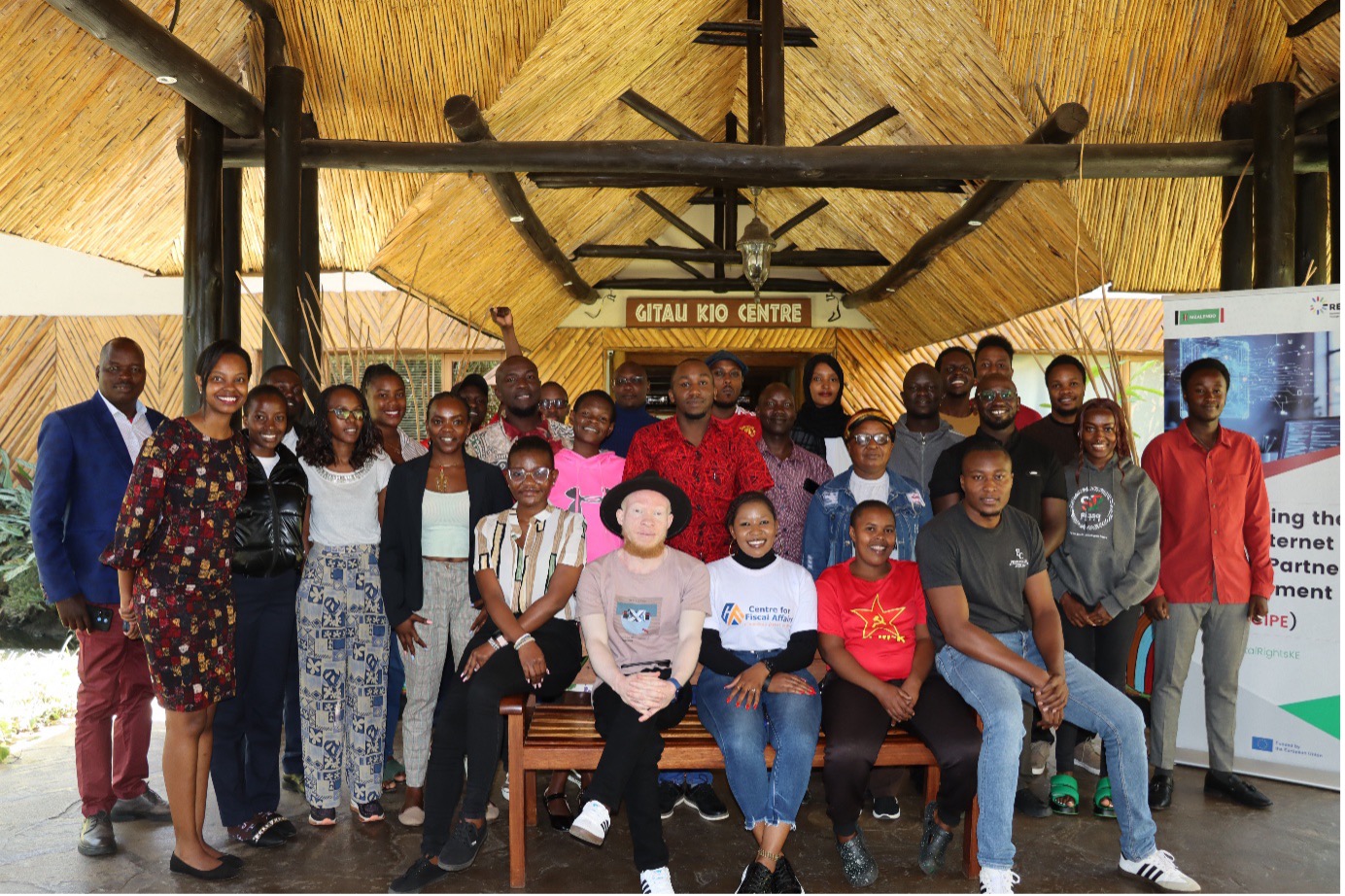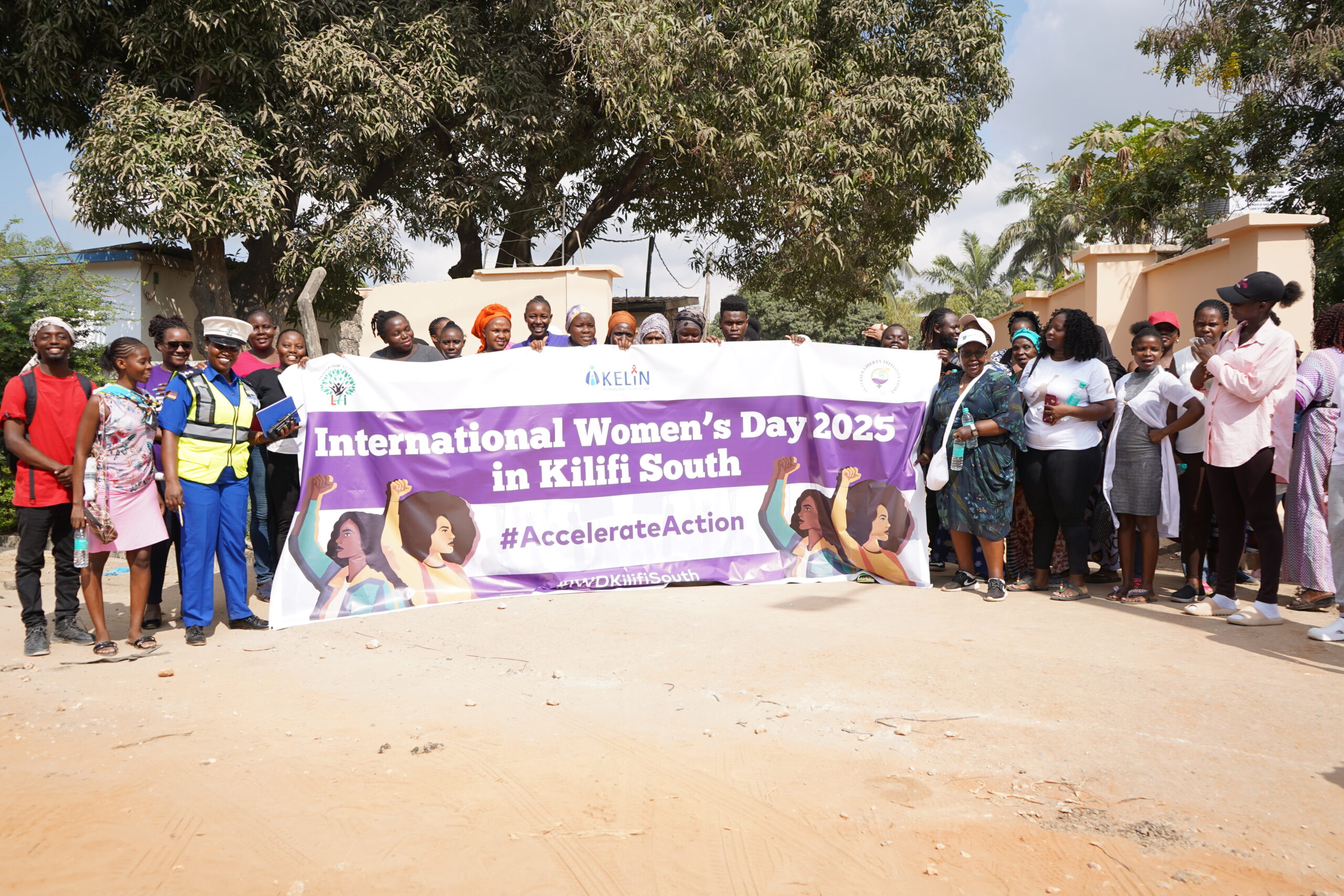In the eyes of the government, I am a child, but I am married, and I need to protect myself from subsequent pregnancies.” – Jane Muthoni.
Safe and accessible contraception for everyone, regardless of gender, age, or socioeconomic status is crucial to reducing preventable maternal deaths in Kenya. Contraception is a device, medication, procedure, or a behavior that allows women and girls to control their reproductive health and actively participate in their own family planning.1 However, this tool of preventing unwanted pregnancy remains an elusive reality especially for adolescents and young people.
Kenya has made great progress toward increased uptake of family planning and has exceeded its 2020 target of 58% modern contraceptive use by married women.2 In 2021, nearly 44%of women aged 15-49 years in Kenya used traditional or modern contraceptive methods. Among Kenyan women who were married or in a union, the contraceptive prevalence rate was higher, reaching roughly 60 percent. In contrast, the rate stood at roughly 23% among unmarried women. Overall, the usage of contraceptives in the country has marginally improved regardless of marital status as compared to statistics from 2010 where approximately 35% of all fertile-age women in Kenya adopted any form of contraception.3 For its 2030 family planning commitments, the government aims to focus its efforts to expanding equitable access to quality care at county level. Notably, the number of counties that have family planning budget allocations has increased but they retain a small share of the health budget.4
Conversely, the government has made no concrete steps to address the gap in contraceptive prevalence rates amongst unmarried women majority of whom are adolescents and young women.5 The National Reproductive Health Policy 2020/2030 backs a conservative approach to contraceptives, stating that a child’s right to healthcare is the responsibility of the parent. According to the policy, any child under the age of 18 years must get consent from parents or guardian before any contraceptive is given to them.6 This provision contravenes the right to healthcare7, health8, education9, freedom from discrimination on grounds of age and gender10 as enshrined in the Constitution of Kenya, 2010.
The prevention of unintended pregnancies helps to lower maternal ill-health and the number of pregnancy-related deaths. Delaying pregnancies in young girls who are at increased risk of health problems from early childbearing and preventing pregnancies among older women who also face increased risks, are important health benefits of family planning. By reducing rates of unintended pregnancies, contraception also reduces the need for unsafe abortion and reduces HIV transmissions from mothers to newborns. This can also benefit the education of girls and create opportunities for women to participate more fully in society, including paid employment.11
KELIN remains steadfast in advocating and litigating for the provision of sexual and reproductive health information, services and commodities for adolescents and young people. As the world celebrates this year’s World Contraception Day on 26th September 2024, KELIN calls on the State to adopt comprehensive gender-sensitive and non-discriminatory sexual and reproductive health laws, policies and programs for all adolescents.12
To contribute to the discussion, follow KELIN on our social media platforms.
Twitter: @KELINKenya
http://www.facebook.com/kelinkenya
Website: www.kelinkenya.org
For more information, please contact.
Elsie Milimu
Program Officer – Sexual Reproductive and Health Rights
Kenya Legal and Ethical Issues Network on HIV & AIDS (KELIN)
Kuwinda Lane, Karen C, off Langáta Road.
Email: elsiemilimu@kelinkenya.org



